Sucralfate
About Sucralfate
Sucralfate is used to treat solitary rectal ulcers and radiation proctitis. Also, it is used to treat stomach and intestinal ulcers. Solitary rectal ulcers are conditions in which one or more ulcers develop in the rectum. Radiation proctitis is a condition in which the rectum is damaged or inflamed due to radiation therapy for cancers.
Sucralfate contains Sucralfate, which forms a protective layer over the bowel walls and protects the fragile blood vessels from breaking. Thereby, it provides relief from symptoms such as stomach pain or bleeding.
Use Sucralfate as advised by your doctor. It is generally safe and does not cause any side effects. However, if you experience any side effects, please consult your doctor.
If you are allergic to Sucralfate or any other medicines, please tell your doctor. If you are pregnant or breastfeeding, please inform your doctor before using the Sucralfate. Use Sucralfate in dose and duration as advised by a doctor only. Avoid contact of Sucralfate with mouth, nose or eyes. In case of accidental contact with these areas, rinse with cold water.
Uses of Sucralfate
Medicinal Benefits
Sucralfate contains Sucralfate, a protectant used to treat solitary rectal ulcers and radiation proctitis. It forms a protective layer over the bowel walls and protects the fragile blood vessels from breaking. Also, they may increase the healing rate of these fragile blood vessels. Additionally, it is used to treat ulcers or inflammation of the stomach. Sucralfate forms a protective layer over the ulcer and protects the stomach from an ulcer due to excess stomach acid, thereby healing it.
Directions for Use
Storage
Side Effects of Sucralfate
It is generally safe and does not cause any side effects. However, if you experience any side effects, please consult your doctor.
Drug Warnings
If you are allergic to Sucralfate or any other medicines, please tell your doctor. If you are pregnant or breastfeeding, please inform your doctor before using the Sucralfate. Use Sucralfate in dose and duration as advised by a doctor only. Avoid contact of Sucralfate with mouth, nose or eyes. In case of accidental contact with these areas, rinse with cold water.
Drug Interactions
Drug-Drug Interactions: Inform your doctor if you are taking any prescription, non-prescription or herbal medicines before using Sucralfate.
Drug-Food Interactions: No interactions found.
Drug-Disease Interactions: If you have diabetes or kidney problems, please inform your doctor before using Sucralfate.
Drug-Drug Interactions Checker List:
Safety Advice

Alcohol
consult your doctorThe interaction of alcohol with Sucralfate is unknown. If you have any concerns regarding this, please discuss them with your doctor.

Pregnancy
consult your doctorLimited data are available on the effect of Sucralfate in pregnancy. Hence, if you are pregnant or planning pregnancy, inform your doctor before using Sucralfate. Your doctor may prescribe this medicine if the benefits outweigh the risks.

Breast Feeding
consult your doctorLimited data are available on the effect of Sucralfate during breastfeeding. Hence, if you are a nursing mother, inform your doctor before using Sucralfate. Your doctor may prescribe this medicine if the benefits outweigh the risks.

Driving
not applicableSucralfate generally does not affect your ability to drive.

Liver
consult your doctorLimited information is available on the use of Sucralfate in patients with liver disease. Inform your doctor if you have a history of liver diseases before using Sucralfate.

Kidney
consult your doctorInform your doctor if you are suffering from or have a history of Kidney diseases before using Sucralfate.

Children
consult your doctorLimited information is available. Please consult a doctor before using Sucralfate for children.
Habit Forming
Diet & Lifestyle Advise
- Eat smaller meals more often.
- Maintain a healthy weight by regular exercising.
- Avoid lying down after eating as it causes acid reflux.
- Avoid tight-fitting clothes as it might increase the pressure on the abdomen leading to acid reflux.
- Practice relaxation techniques and avoid stress by doing yoga or meditation.
- Avoid foods such as high-fat food, spicy food, chocolates, citrus fruits, pineapple, tomato, onion, garlic, tea, and soda.
- Avoid sitting continuously, as it may trigger acidity. Take a break of 5 minutes every hour by doing brisk walking or stretching.
- Avoid smoking and alcohol consumption. Alcohol intake leads to increased production of stomach acid, thereby increasing acidity and heartburn.
Patients Concern
Disease/Condition Glossary
Solitary rectal ulcers: It is a condition in which one or more ulcers develop in the rectum. It mostly affects patients suffering from constipation for a long time. The symptoms include straining or abnormal defecation and passage of blood and mucus by the rectum.
Radiation proctitis: It is a condition in which the rectum is damaged or inflamed due to radiation therapy for cancers such as rectal, prostate, bladder, or cervical cancers. The symptoms include rectal bleeding, stomach cramps, mucus discharge from the rectum, rectal pain or pain with bowel movements.
FAQs
Sucralfate belongs to a class of medicines called protectants used to treat solitary rectal ulcers and radiation proctitis.
Sucralfate contains Sucralfate, a protectant which works by forming a protective layer over the bowel walls and protects the fragile blood vessels from breaking. Thereby, it provides relief from symptoms such as stomach pain or bleeding.
No, you are not recommended to stop using Sucralfate suddenly as it may worsen the condition. Therefore, use Sucralfate for as long as your doctor has advised it, and if you experience any difficulty while using Sucralfate, please consult your doctor.
Yes, Sucralfate may be used to treat stomach ulcers. Sucralfate contains Sucralfate which forms a protective layer over the ulcer and protects the stomach from an ulcer due to excess stomach acid, thereby healing it. However, please consult a doctor before using Sucralfate.







